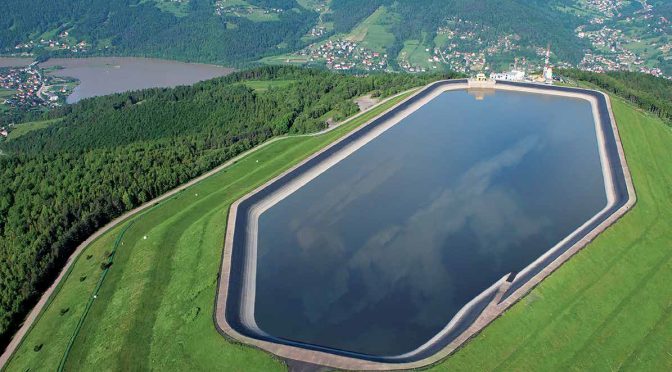North Korea, a country that has long been shrouded in mystery and isolation, is now beginning to explore the untapped potential of energy storage solutions. As the world moves towards a more sustainable and environmentally friendly future, it is essential for all nations to invest in renewable energy sources and storage technologies. North Korea, with its vast natural resources and unique geopolitical situation, is no exception.
Energy storage solutions, such as batteries and pumped hydro storage, play a crucial role in the integration of renewable energy sources into the grid. These technologies allow for the capture and storage of excess energy generated by solar panels and wind turbines, which can then be released when demand is high or when renewable generation is low. This helps to ensure a stable and reliable energy supply, reducing the need for fossil fuel-based power plants and lowering greenhouse gas emissions.
North Korea’s potential for energy storage solutions is immense, thanks to its abundant natural resources and geographical features. The country is rich in minerals such as lithium, which is a key component in lithium-ion batteries – the most commonly used battery technology for energy storage. In addition, North Korea’s mountainous terrain and numerous rivers provide ample opportunities for pumped hydro storage, a technology that uses water to store and release energy.
Despite these advantages, North Korea’s energy sector has been plagued by inefficiencies and outdated infrastructure. The country’s power grid is notoriously unreliable, with frequent blackouts and power shortages. This has led to a heavy reliance on coal and other fossil fuels, which are not only environmentally damaging but also contribute to the country’s economic isolation due to international sanctions.
However, recent developments suggest that North Korea may be taking steps towards embracing renewable energy and energy storage solutions. In 2017, the country announced plans to build a 2.5-gigawatt wind farm along its west coast, which would be one of the largest in the world. Additionally, satellite images have revealed the construction of solar panel installations at various locations across the country.
These developments, combined with North Korea’s natural resources and geographical features, present a unique opportunity for the country to become a leader in energy storage solutions. By investing in renewable energy and storage technologies, North Korea could not only improve its domestic energy security but also position itself as a key player in the global transition to a more sustainable future.
Furthermore, the adoption of energy storage solutions could have significant geopolitical implications for North Korea. As the country faces increasing economic pressure from international sanctions, the development of a robust renewable energy sector could provide a valuable source of revenue and diplomatic leverage. For example, North Korea could export its lithium resources or collaborate with neighboring countries on cross-border energy projects, fostering regional cooperation and easing tensions on the Korean Peninsula.
Of course, there are numerous challenges to overcome before North Korea can fully realize its potential in the energy storage sector. The country’s political and economic isolation, as well as its outdated infrastructure, pose significant barriers to the development and deployment of new technologies. Moreover, the lack of transparency and information surrounding North Korea’s energy sector makes it difficult to assess the true extent of its capabilities and ambitions.
Nevertheless, the potential for energy storage solutions in North Korea is undeniable. As the world moves towards a more sustainable future, it is crucial for all nations, including those with complex geopolitical situations, to invest in renewable energy and storage technologies. By harnessing its abundant natural resources and unique geographical features, North Korea has the opportunity to become a leader in this field, improving its domestic energy security and contributing to global efforts to combat climate change.


